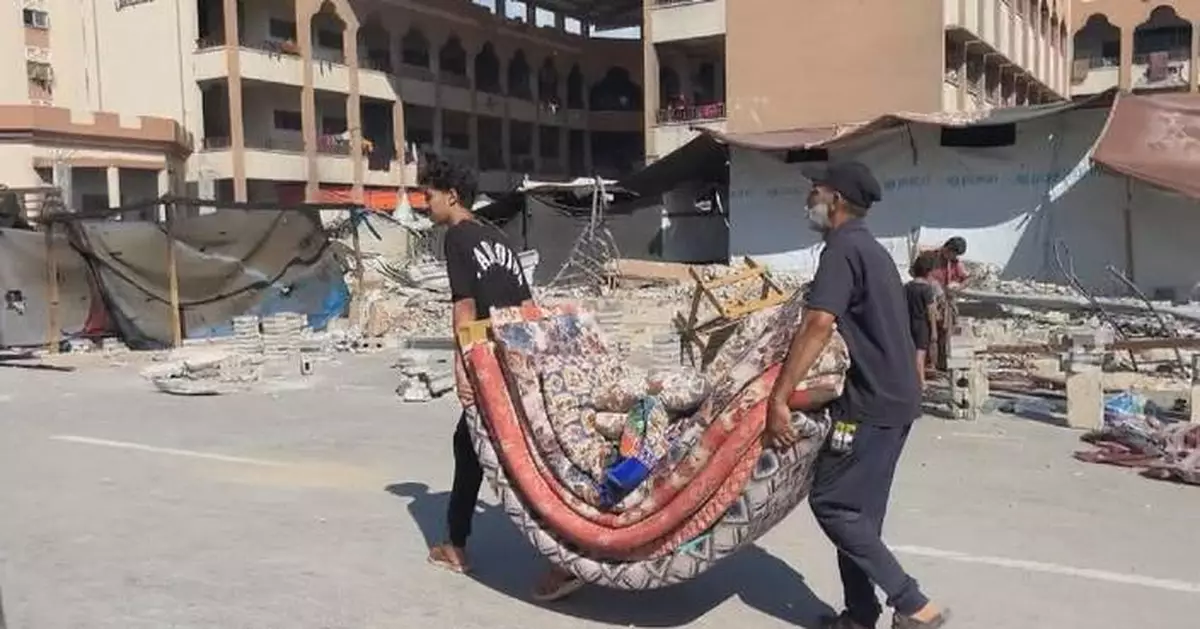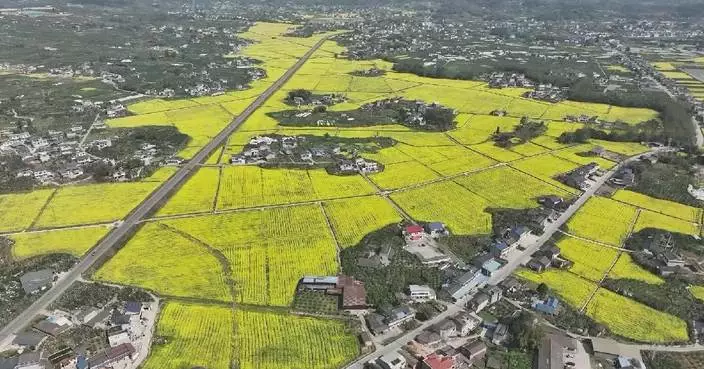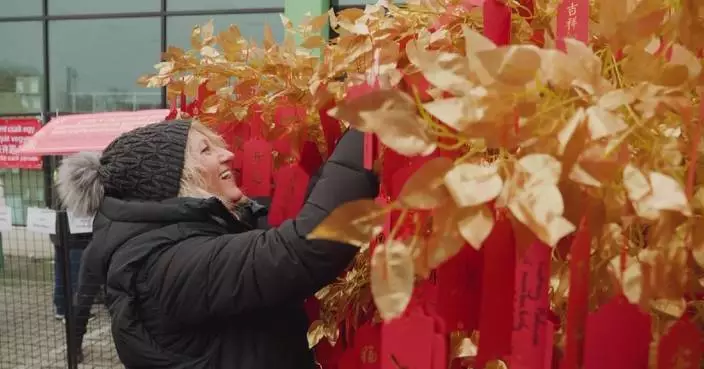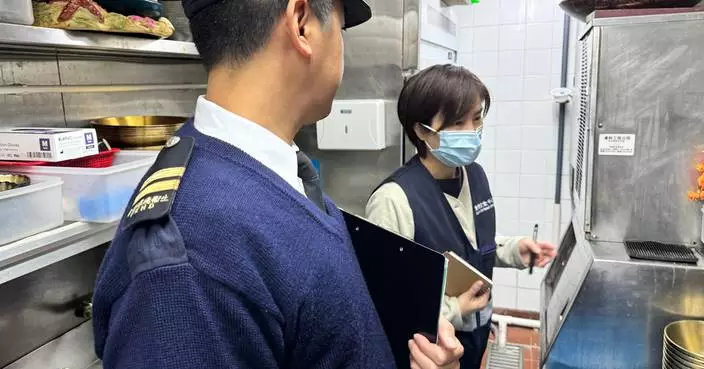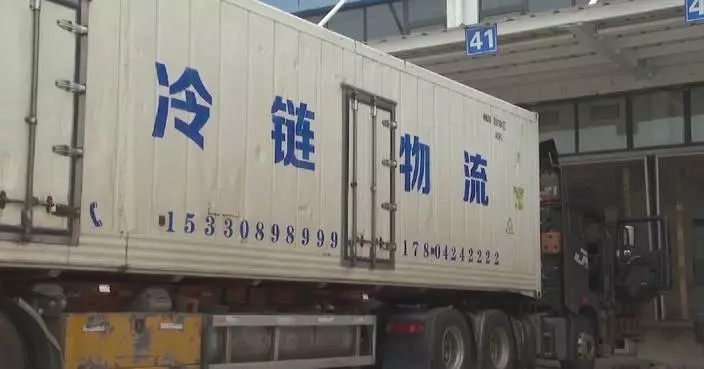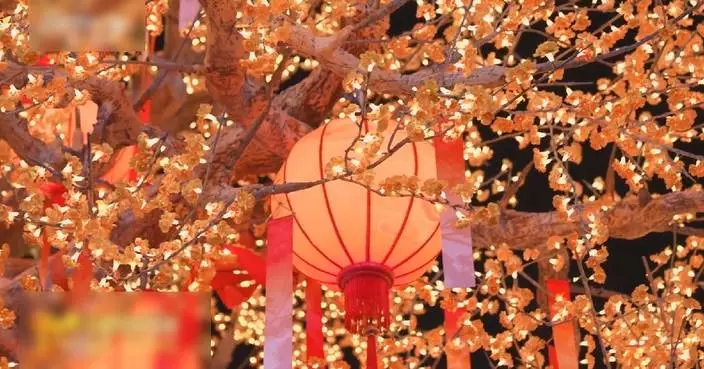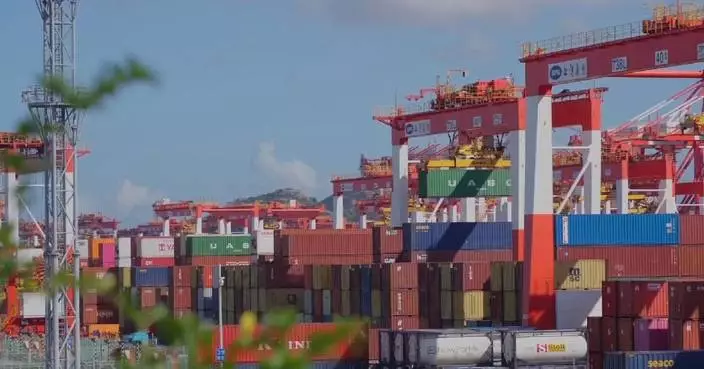Israeli army expanded evacuation orders on Sunday, forcing residents to leave the Al Jalaa neighborhood of Khan Younis in the southern Gaza Strip, which has been reclassified from a "safe humanitarian zone" to a combat zone.
This marks the fourth evacuation order issued by the army this month, following similar orders on the previous Sunday, Monday and Thursday, resulting in the further displacement of residents. In one community housing over ten thousand, residents are hurriedly packing their belongings and navigating debris-strewn streets after Israeli military aircraft distributed new evacuation orders. The orders declared the area no longer a "humanitarian zone," forcing residents to relocate to a designated "safe zone" several kilometers away.
The relentless and repeated displacements throughout the ten months of conflict have left residents in a continuous state of suffering, prompting calls for the international community to intervene and end the ongoing crisis. Many displaced by this latest order have already been shuffled across the embattled enclave.
"I have been displaced many times—it's not just once or twice, but at least five or six times. Almost as soon as we arrive somewhere, they [the Israeli military] order us to leave. I just arrived here and set up a tent two days ago, and now they are telling us to leave again. I have just arrived here. I have nowhere to go," said Ahmed, a displaced resident.
"We are fleeing every day. We stayed here only ten days before being forced to leave again. We are almost devastated, with no place to go. Our only hope is for the war to end; we don’t ask for anything else. People don't know where to go, and neither do I," said Ali, another resident.
Philippe Lazzarini, commissioner-general of the United Nations Relief and Works Agency for Palestine Refugees in the Near East (UNRWA), said on X on Sunday that more than 75,000 people have been displaced in the southwest Gaza Strip just in the past few days.
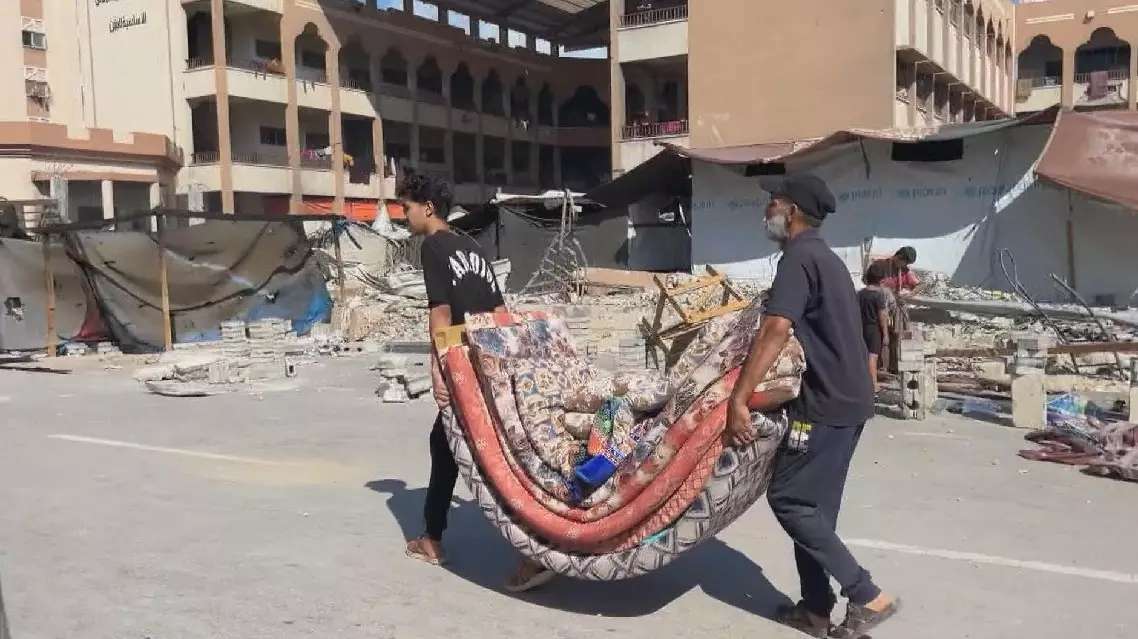
Gazans again forced to flee encampments following Israeli evacuation orders
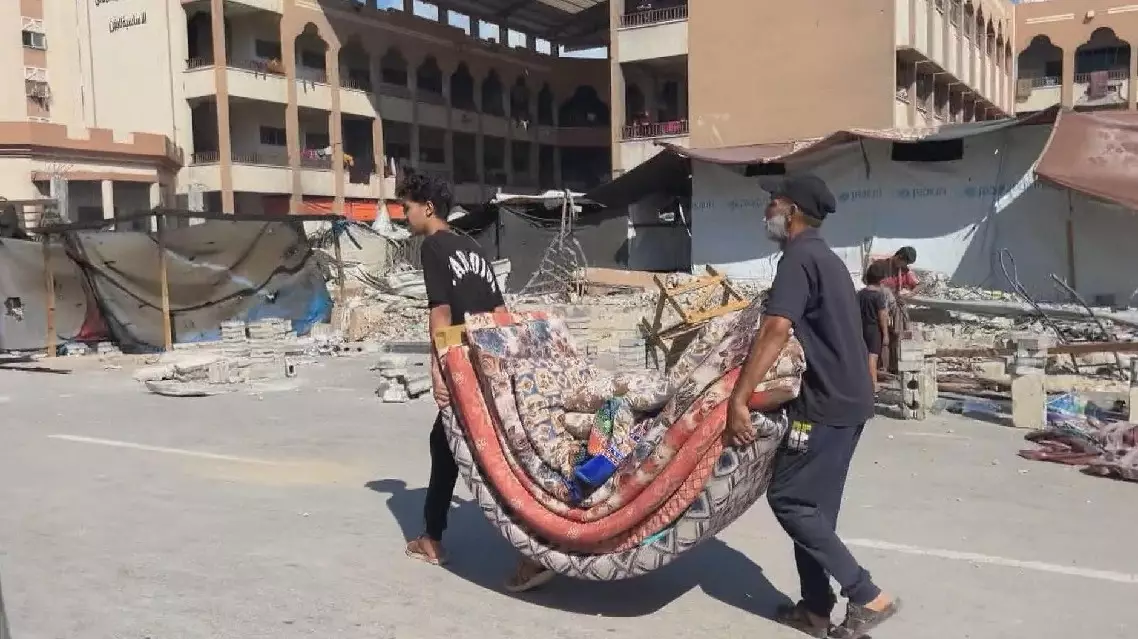
Gazans again forced to flee encampments following Israeli evacuation orders
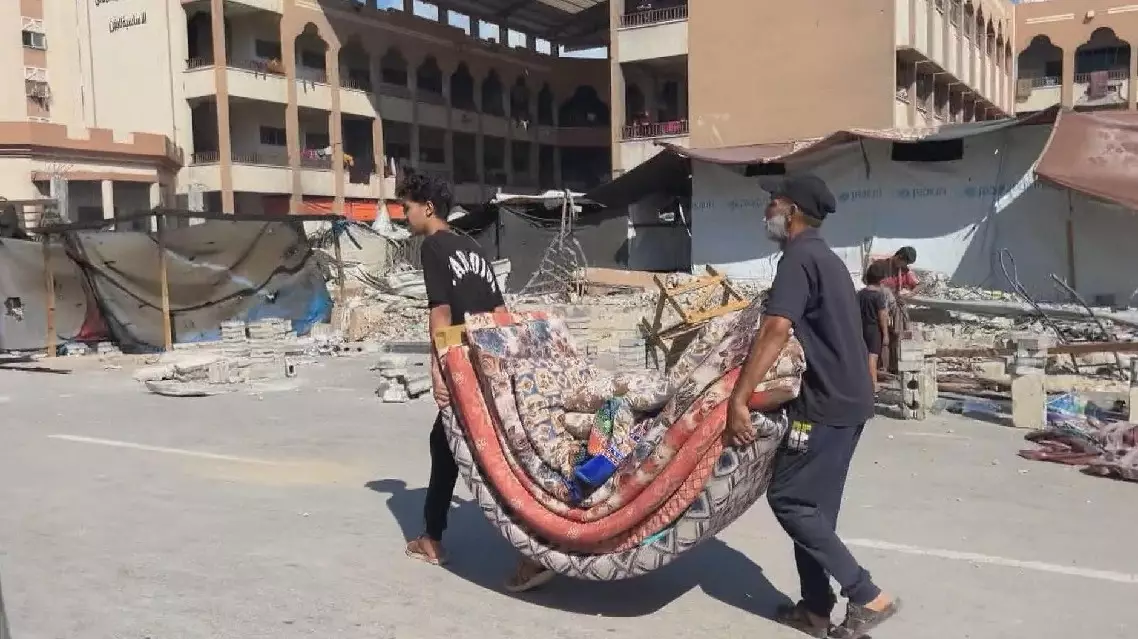
Gazans again forced to flee encampments following Israeli evacuation orders
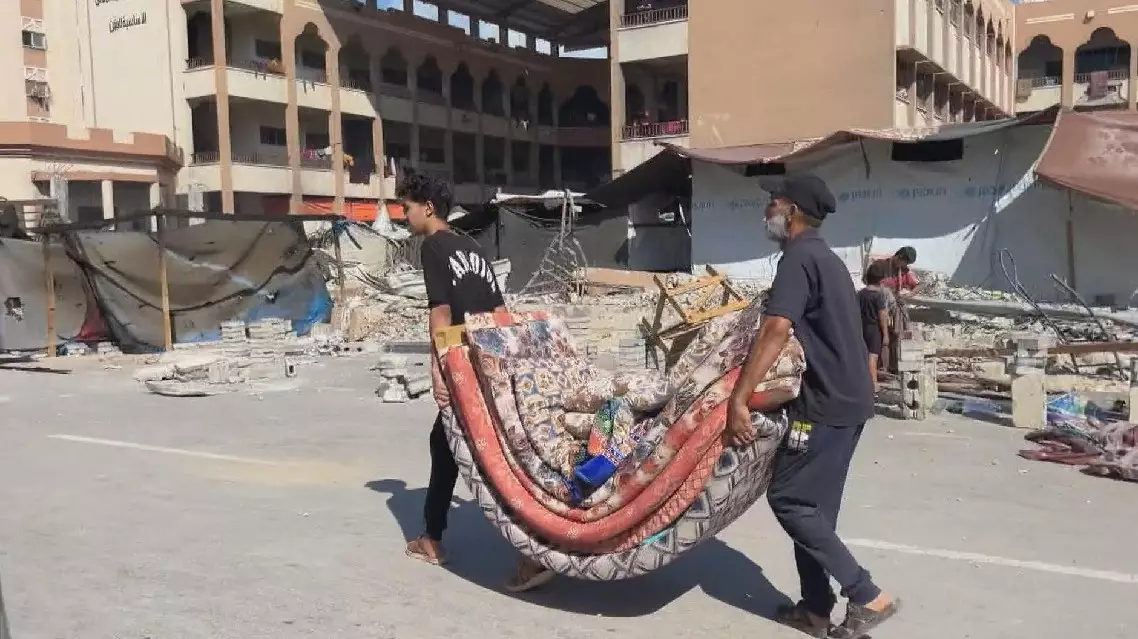
Gazans again forced to flee encampments following Israeli evacuation orders
A festive atmosphere is building up as people across China have been making preparations to ring in the Spring Festival next week, with lights and decorations set everywhere, and with New Year goods markets all seeing booming sales.
The Spring Festival, which marks the start of the Chinese Lunar New Year, is the most important annual holiday in China, when people across the country return to their hometowns for Chinese Lunar New Year celebrations and family reunion.
In Xi'an City of northwest China's Shaanxi Province, a grand lantern show is in its final stage of preparation before opening to the public ahead of the eve of the 2025 Chinese Lunar New Year. To be lit up on Wednesday, the large light sets presented at the event will draw numerous visitors, with lanterns that replicate 38 cultural relics as the highlight.
Buying New Year flowers has been a custom for Chinese people. In Yancheng City of east China's Jiangsu Province, various flowers which have auspicious meanings are already in high demand.
This year, tulips bred locally have been put on sale, and quickly become a favorable choice for many customers.
"I have never seen this kind of flower before. I think it is really bright-colored. Therefore, I decided to buy some to enhance the festive atmosphere at home," said Zhang Jinjian, a local resident.
The Anchang ancient town in Shaoxing City of east China's Zhejiang Province has a time-honored custom of making aired sausages and spiced duck.
As the Spring Festival draws near, plenty of visitors and tourists choose to purchase these local delicacies as ingredients for their Chinese New Year feast.
"The number of tourists has been increasing, so the sales of our spiced meat have been quite good. Compared with the same period of last year, our sales is expected to increase by about 50,000 yuan (about 6,835 U.S. dollars). We will earn an additional 200,000 to 300,000 yuan (27,335 to 41,000 U.S. dollars) in sales during this whole winter," said Yang Jing, owner of a local spiced meat shop.
In southwest China's Yunnan Province, the "Tiaocai dance" is a time-honored tradition of the Yi ethnic minority group. The dance is presented in the form of serving dishes while dancing to the rhythm. It usually happens on a joyous or grand occasion.
Since the most significant annual festival is around the corner, Yi people have dressed up in traditional costumes, and got ready to welcome the arrival of the Chinese Lunar New Year with the special dance.
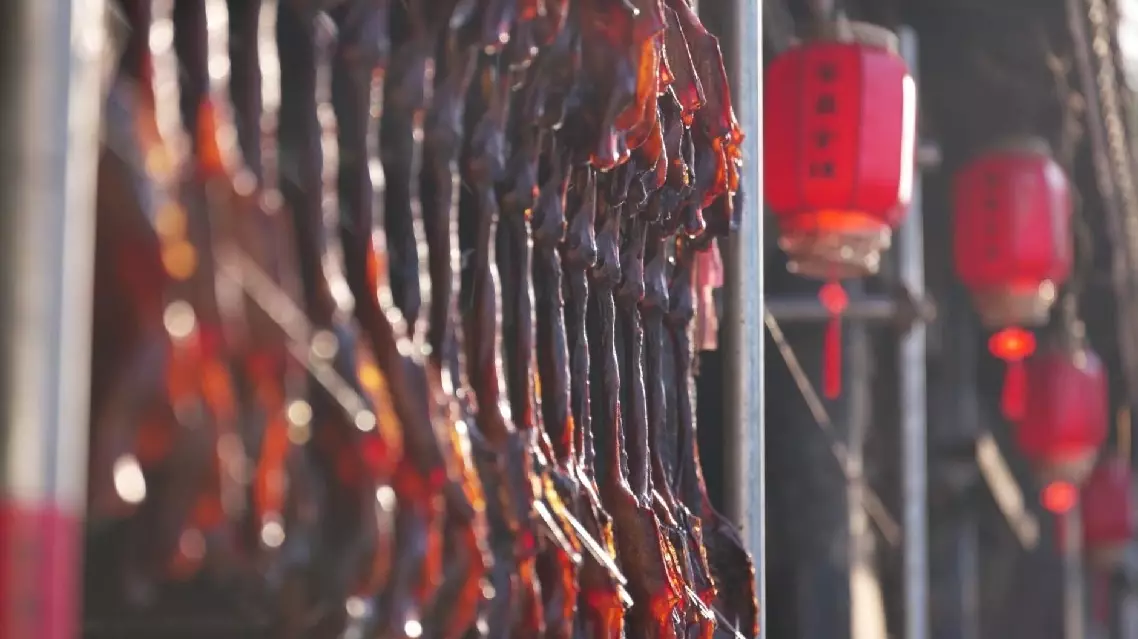
People across China make preparations to welcome Spring Festival






